There are several factors that come into play when deciding the fate of your driver’s license after a OUI arrest. One of those is whether you violated Implied Consent laws during your arrest. Maine’s Implied Consent law is as follows:
2521: Implied consent to chemical tests 1. Mandatory submission to test. If there is probable cause to believe a person has operated a motor vehicle while under the influence of intoxicants, that person shall submit to and complete a test to determine an alcohol level and drug concentration by analysis of blood, breath or urine. [ 2009, c. 447, §66 (AMD) .]
When you obtain a Maine driver’s license, your consent to chemical tests, such as blood, breath, or urine, is implied. In order to order a breath test, a police officer needs only to have probable cause to arrest you.
If you refuse to take a chemical test, you are violating the law and will face a severe license suspension.
Call 207-571-8146 or contact us online to schedule a consult with one of our highly skilled criminal defense & OUI lawyers, serving Southern Maine, today.
Table of Contents
Implied consent and refusing a breathalyzer test in Maine
If you are stopped by police for a traffic violation or during a sobriety checkpoint, they will look for signs of intoxication. Anything from the way you are acting to the smell of your breath can be considered an indication that you might be driving drunk. If they do suspect you have been drinking, the officers will likely ask you to take a field sobriety test.
These tests, such as standing on one leg or walking in a straight line, are purely voluntary and can be declined without penalty.
The results of field sobriety tests can be used against you in court as evidence to your OUI, but you are free to decline taking them without consequence.
The next test you will likely be asked to take is a breathalyzer test. This is a chemical sobriety test that measures the amount of alcohol content in your breath. It is a good way for police to estimate how much, if any, you have had to drink.
If you are suspected to be intoxicated by drugs, you will be taken to the police station to provide a urine or blood sample.
The only test you should take is a chemical blood, breath, or urine test that is covered under implied consent laws. After you are arrested, you will be taken back to the police station. There, if you have not already provided a breath sample, you will be asked to take a state-administered chemical alcohol level or drug test.
This test can be done by taking a blood or urine sample. In some cases, you may be asked to take one of these tests in addition to the breath test, as a breath test does not measure drug intoxication.
Any sobriety test that you take can and will be used against you in court. The fewer tests that you take, the less evidence you are giving the prosecution. That is generally why people choose to decline to take them.
Penalties for implied consent in Maine
If you refuse to take a state-administered chemical sobriety test, you will be advised that refusing will violate Maine Implied Consent Laws and you will be penalized. The penalties for a refusal run consecutive to any penalty imposed by the court if convicted and are as follows:
- First Refusal: 275 days of license suspension
- Second Refusal: 18 months of license suspension
- Third Refusal: 4 years of license suspension
- Fourth Refusal: 6 years of license suspension
If you have been arrested for OUI and violated implied consent, call our OUI lawyers right now. The only way to fight the license suspension associated with an implied consent refusal is to attack the officer’s probable cause for the arrest and whether or not the officer complied with Maine’s implied consent laws. This sounds impossible, but in some cases, our attorneys can work with the prosecution to strike the refusal in return for a plea to a lesser charge.
Refusing chemical sobriety tests can have long term effects, especially if it is not your first refusal. Another important law to remember is that if the officer does not inform you of the penalties of refusing a chemical sobriety test and then gives you another chance to take it, you cannot be punished for refusing. This prevents offenders from needing to argue that they did not understand implied consent laws. It also helps you understand which sobriety tests you have to take and which you do not have to take under implied consent laws.
Call 207-571-8146 or contact us online to schedule a consult with one of our highly skilled criminal defense & OUI lawyers, serving Southern Maine, today.
Implied consent warning in Maine
A police officer must provide you with the following warning in order to charge you with refusing to take a chemical test:
- A law enforcement officer shall administer a breath test unless, in that officer’s determination, a breath test is unreasonable.
- If a breath test is determined to be unreasonable, another chemical test must be administered in place of a breath test.
- For a blood test the operator may choose a physician, if reasonably available.
- Neither a refusal to submit to a test nor a failure to complete a test may be used for any of the purposes specified in paragraph A, B, or C, unless the person has first been told that the refusal or failure will:
- Result in the suspension of that person’s driver’s license for a period up to 6 years;
- Be admissible in evidence at a trial for operating under the influence of intoxicants; and
- Be considered an aggravating factor at sentencing if the person is convicted of operating under the influence of intoxicants that, in addition to other penalties, will subject the person to a mandatory minimum period of incarceration.
Contact our Maine OUI implied consent experts today
If you are facing OUI charges in Maine, call Maine Criminal Defense Group right now. We are available to give you a OUI consultation and explain to you more about Implied Consent laws. Call us now to get started.
Call 207-571-8146 or contact us online to schedule a consult with one of our highly skilled criminal defense & OUI lawyers, serving Southern Maine, today.
OUI Blog Articles

OUI cases in Maine usually start when a law enforcement officer pulls over a vehicle. From that point, many things can happen but if the officer even has a slight[...]
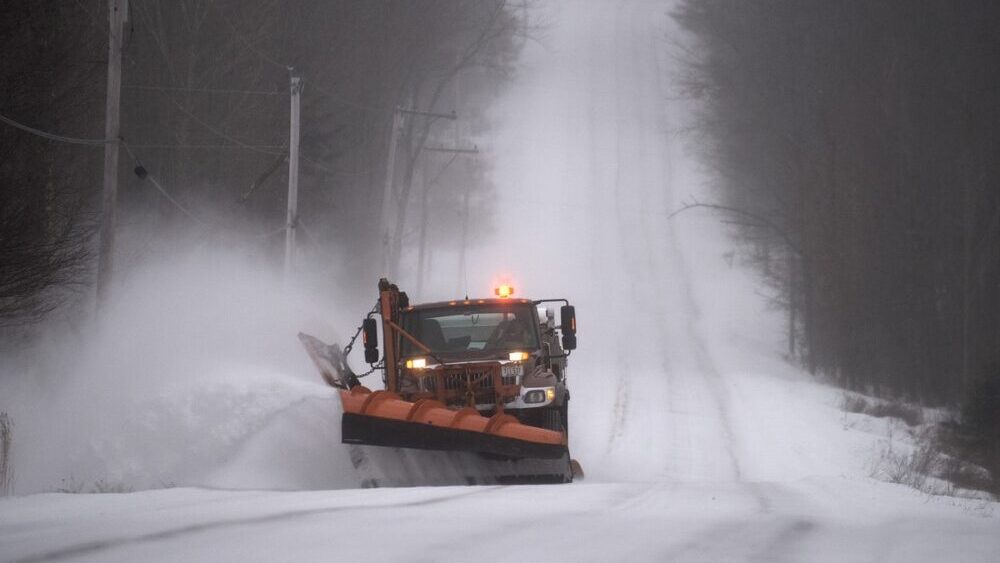
January 11th, 2025, in Skowhegan, Maine, a Maine Department of Transportation plow truck sustained a head-on collision caused by a drunk driver on Route 2, as reported by law enforcement.[...]
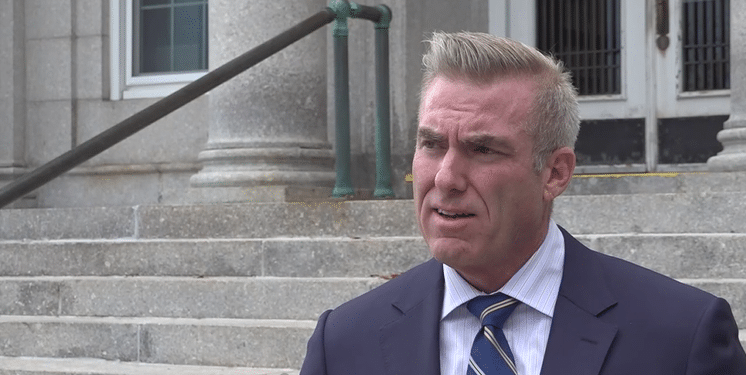
The tragic events of a fatal car crash in 2023 that claimed the lives of four young people have finally reached a pivotal legal outcome. Noelle Tavares, a former Maine[...]

In most states, there are many different places that the average person can take a driving course to satisfy court requirements as related to an DUI conviction. However, in the[...]
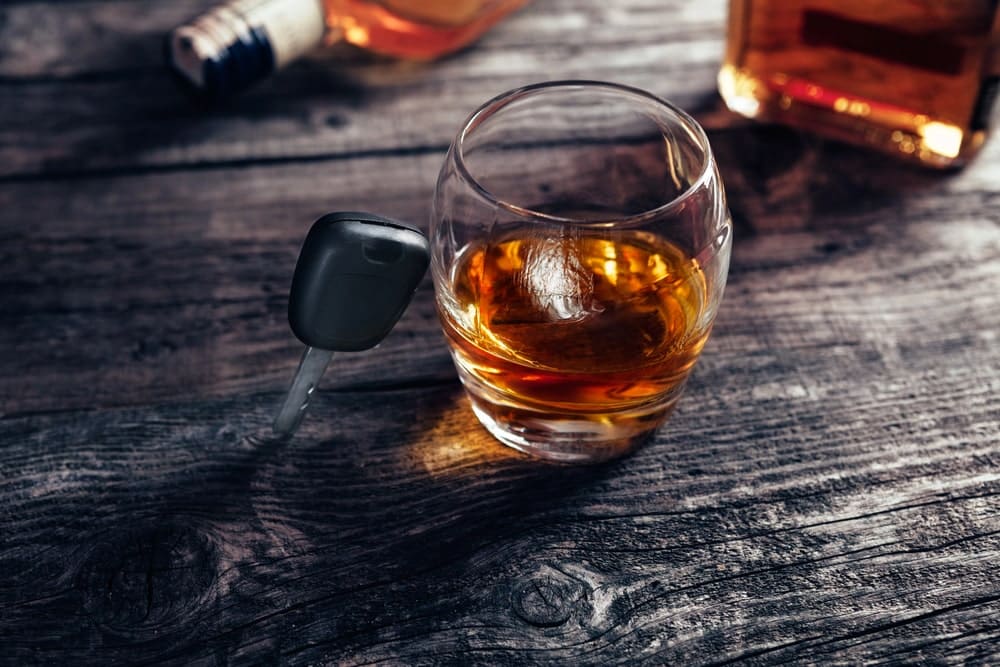
Defending against OUI offenses in Southern Maine Anyone charged with a 2nd OUI in Maine should expect little leniency from the criminal justice system. This makes it even more important[...]
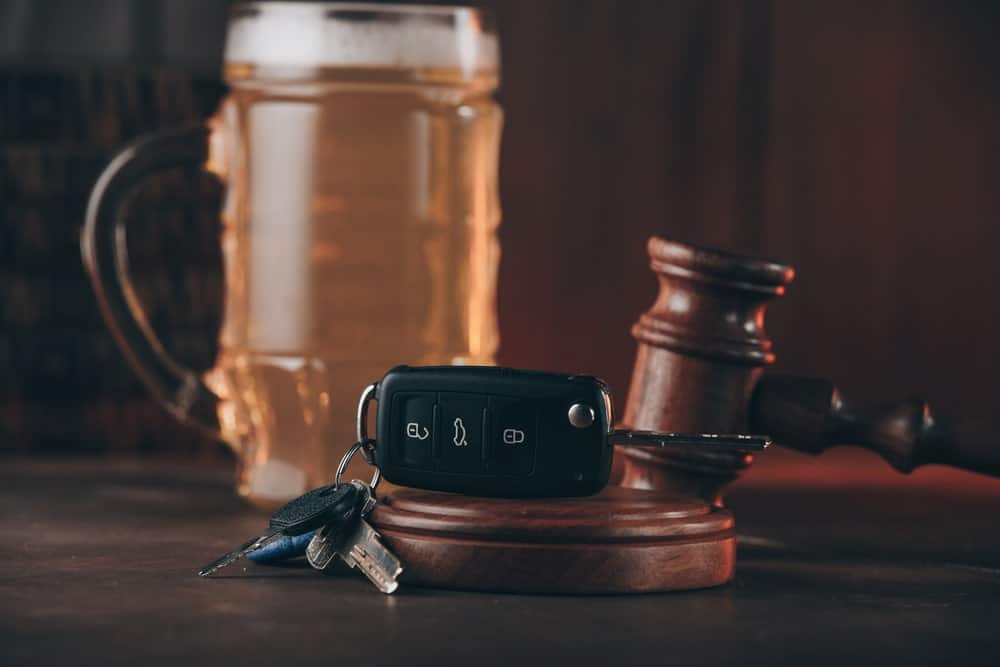
Defending against OUI Refusals in Southern Maine Did you know that it is a criminal offense to refuse to submit to a chemical test if lawfully requested to do so[...]
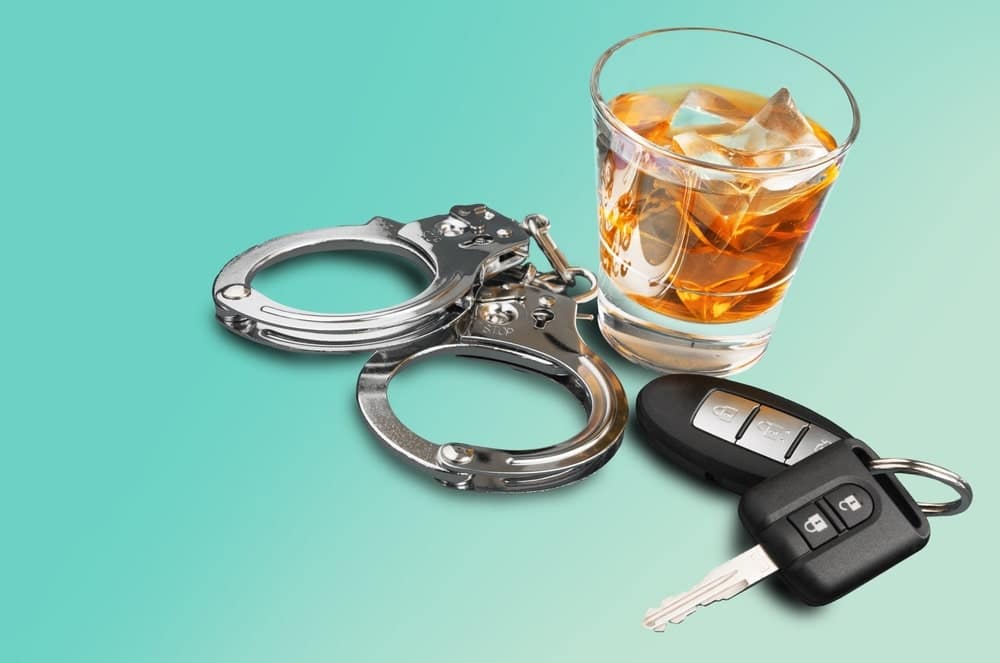
Reducing an OUI charge in Maine OUI charges are handled severely in Maine. For many people, a drunk-driving charge is their first time dealing with the criminal justice system and,[...]

Alcohol laws of Maine While you should be aware of the strict OUI laws in Maine, it’s also important to know about other ways you can face a traffic infraction[...]

Defending against OUI offenses in Southern Maine A first OUI in Maine can potentially have long-term consequences, but with the right legal representation, alleged offenders can escape the harshest penalties.[...]

If you blow under .08 in a DUI breath test in Maine, it may be jumping the gun to breathe a huge sigh of relief. You may not be “free[...]


